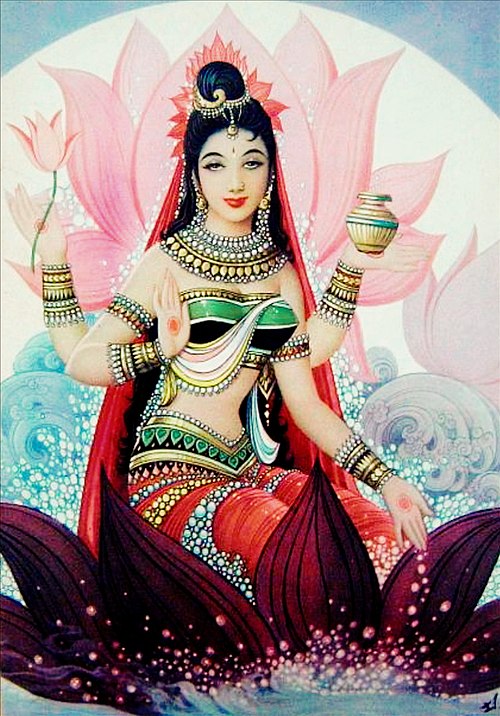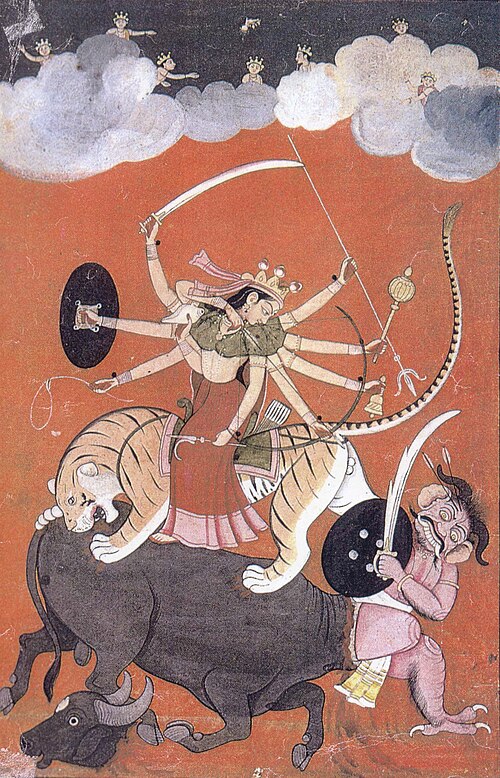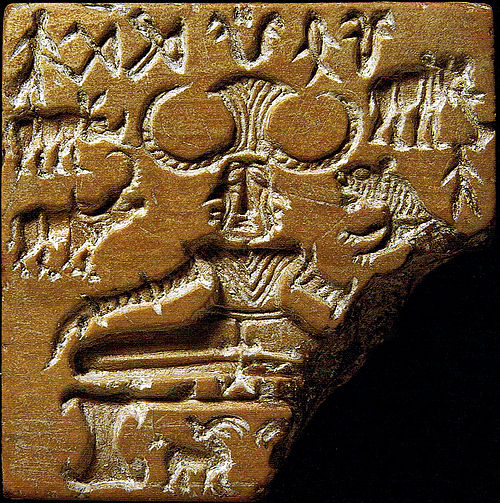Hinduismnoun
the dominant religion of India; characterized by a caste system anud belief in reincarnation.
Hinduismnoun
a complex of beliefs and values and customs including worship of many gods, especially the Trimurti composed of Brahma the Creator; Vishnu the preserver; and Shiva the destroyer.
Hinduismnoun
the predominant religion of India; characterized by a caste system and belief in reincarnation
Hinduismnoun
a body of religious and philosophical beliefs and cultural practices native to India and characterized by a belief in reincarnation and a supreme beingof many forms and natures, by the view that opposing theories are aspects of one eternal truth, and by a desire for liberation from earthly evils
Hinduismnoun
a major religious and cultural tradition of South Asia, which developed from Vedic religion.
Hinduism
Hinduism () is an Indian religion and dharma, or way of life. It is the world's third-largest religion, with over 1.2 billion followers, or 15–16% of the global population, known as Hindus.
Sikhismnoun
the doctrines of a monotheistic religion founded in northern India in the 16th century by Guru Nanak and combining elements of Hinduism and Islam
Sikhism
Sikhism () or Sikhi (Punjabi: ਸਿੱਖੀ Sikkhī, [ˈsɪkːʰiː], from ਸਿੱਖ, Sikh, 'disciple', 'seeker', or 'learner') is an Indian Dharmic monotheistic religion that originated in the Punjab region of the Indian subcontinent around the end of the 15th century CE. Sikhism is one of the youngest of the major religions and the world's fifth-largest organized religion, with about 25–30 million Sikhs as of the early 21st century. However, according to rough estimates, there are around 120–150 million (12–15 crore) Sahajdhari or non-khalsa Nanakpanthi sikhs across the world who also believe in 10 Sikh Gurus and Guru Granth Sahib.































